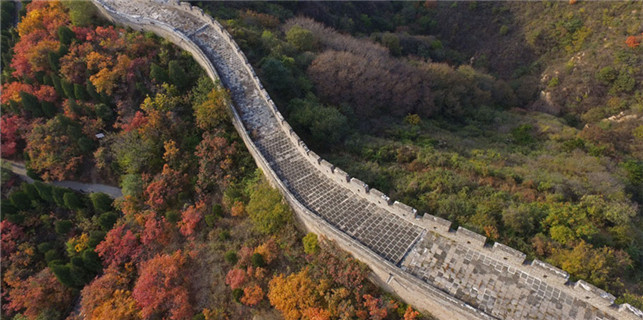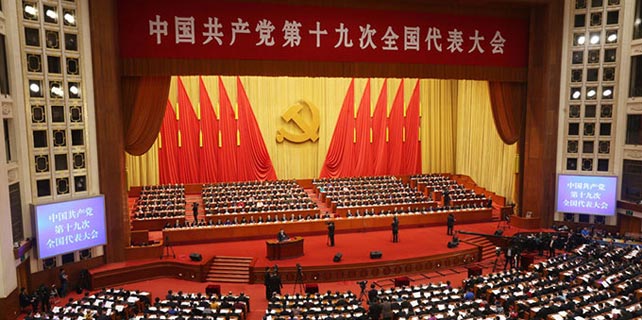World's most powerful computer will boost nation, scientist says
China is developing and building the Tianhe-3, the world's first exascale supercomputer, a leading scientist said. When completed it will be capable of a quintillion (a billion, billion or 1 followed by 18 zeros) calculations per second.
It will be 10 times faster the current world leader, China's Sunway TaihuLight, and will "become an important platform for national scientific development and industrial reforms," Meng Xiangfei, head of the applications department of the National Supercomputer Center, told reporters at the sidelines of the 19th National Congress of the Communist Party of China.
The new supercomputer will step up development in big data and artificial intelligence, he said. It will also work with traditional industries like steel and mining to build business models, as well as creating smart-healthcare and smart cities.
"It will support the building of a healthier and more digitized China," said Meng, a delegate to the Party Congress.
Right now, Tianhe-1, China's first quadrillion (1 followed by 15 zeros) calculations per second supercomputer, is carrying out more than 1,400 computing tasks simultaneously and it can complete around 10,000 tasks per day, said Meng.
"China's is leading the world in supercomputer application," he said, adding that Tianhe-1 is serving more than 1,600 research institutes and companies from more than 20 provinces.
Users are taking advantage of the massive computing power to scan the Earth for oil, create artificial nuclear fusion, build airplanes and maritime equipment, Meng said.
"Information technology has become the core driver for innovation and industry change," he said. "We should continue to push for deeper integration between the Internet Plus, big data and AI with other industries."
Meng turned 38 on Wednesday, the opening day of the congress. "Most of China's science workers are between the ages of 30 to 40," he said.
"China aims to become a technological powerhouse by 2035," he said. Every year, China sees more than 600,000 postgraduates and PhDs qualify, as well as millions of college graduates entering China's innovation workforce, he added.
"China will continue to unleash its innovation power, and I am fully confident that China will become an innovative and technology strong nation," he said.






















